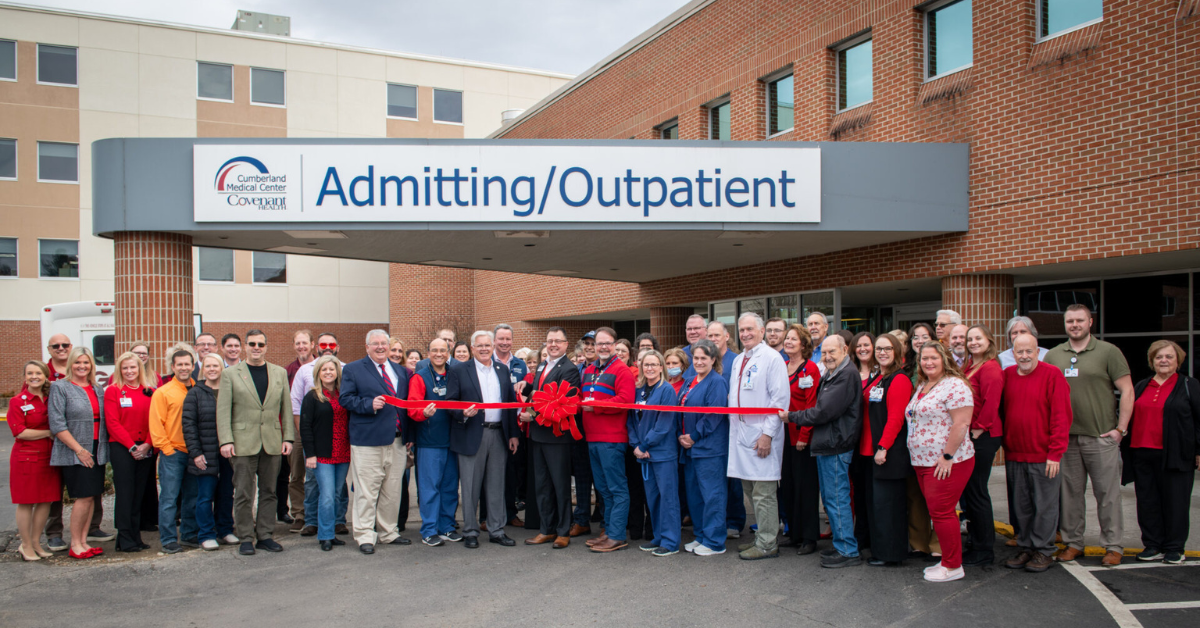
Reliable Anesthesia Services Protect the Bottom Line, Foster Surgeon Satisfaction, and Improve Patient Outcomes
Surgery costs account for nearly half of the $387 billion spent in U.S. hospitals each year. As the largest money-producing center of most hospitals, operating rooms (ORs) must be run efficiently to maximize OR time and resources and ensure quality surgical care.
It’s imperative that hospitals maintain strong anesthesia service lines to protect their long-term financial outlook, but finding qualified anesthesia professionals may be difficult. There’s a 5 percent to 10 percent shortage of anesthesia staff across all markets. The impact of inadequate anesthesia coverage is far-reaching, impacting everything from patient safety and surgeon satisfaction to hospital finances and reputation.
“Procedural areas are a main financial driver for organizations, and anesthesia touches all of the economic areas in a hospital: OR, OB, GI, cardiology, interventional radiology, and more,” explains John Vazquez, MD, chief medical officer of our anesthesia division.
The Impact of Inadequate Anesthesia Coverage
The consequences of insufficient anesthesia staffing include:
- Surgical delays and cancellations: Research shows that up to 61% of surgery cancellations are due to scheduling problems, not a lack of beds.
- Financial challenges for hospitals: When a same-day surgical procedure is canceled, hospitals lose between $1,430 and $1,700 every hour that an OR sits empty. In other cases, hospitals are forced to rely on expensive locum tenens providers to fill coverage gaps.
- Patient dissatisfaction: Cancellations have a major effect on patients and their families, who may have made arrangements with caregivers and child care, taken time off of work or traveled long distances only to have surgery canceled at the last minute. This leads to disappointment, frustration, and dissatisfaction and may worsen health outcomes.
- Surgeon dissatisfaction and poor quality care: Inadequate anesthesia coverage increases the likelihood of errors and complications during surgical procedures. On the flip side, surgeon and anesthesiologist pairs who are familiar with working together enjoy improved patient outcomes. In fact, each additional time a surgeon-anesthesiologist dyad works together, the odds of 90-day major morbidity decrease by 5%.
“Having a strong, reliable anesthesia service is an economic advantage for hospitals because it means procedures get completed promptly and stay in the hospital, patients remain engaged, and everyone benefits from continuity and consistency in staffing,” adds Dr. Vazquez.
If community hospitals don’t have anesthesia coverage, a patient may put off having an elective yet important procedure or may drive to a competing facility.
John E. Vazquez, MD
Rural Hospitals and Community Impact
Consistent anesthesia coverage is even more important in rural areas, where delays and cancelations may directly affect surgical outcomes, patient volumes, and community standing.
“If community hospitals don’t have anesthesia coverage, a patient may put off having an elective yet important procedure or may drive to a competing facility,” says Dr. Vazquez, who has more than 30 years in the field. A report from the U.S. National Institutes of Health highlights that postponed surgeries can result in the progression of diseases, increased complications, and heightened patient anxiety, all of which can negatively affect postoperative recovery.
Dr. Vazquez adds, “Patients may not get the care they need in a timely manner which could negatively impact the hospital’s reputation within the community.” Addressing this issue becomes paramount for sustaining the hospital’s standing within the community and ensuring patients receive the care they need when they need it.
VitalSolution: Bridging the Anesthesia Gap
VitalSolution brings expert anesthesiologists and certified registered nurse anesthetists (CRNAs) to organizations that seek dedicated, long-term staff. Our clinicians become embedded into the organization, forging lasting relationships with surgeons, perioperative staff, and patients. They work in the hospital for seven days, followed by seven days off and are supported by a nationwide, physician-managed organization, including a network of anesthesia experts who can consult on cases and share best practices.
Assignments are designed to foster work-life balance and provide our hospital partners with stability and flexibility. Hospitals have peace of mind knowing exactly what they are paying for right from the start. There are no hidden fees or unexpected charges added later. We believe in upfront transparency, allowing you to plan and budget effectively.
Learn More About Consistent Anesthesia Provider Staffing
Ready to experience the benefits of consistent, top-tier anesthesia provider staffing? Contact us today to explore how our expert anesthesiologists and certified registered nurse anesthetists (CRNAs) can become a vital part of your healthcare team.
 company
company 
 (866) 755-7519
(866) 755-7519












